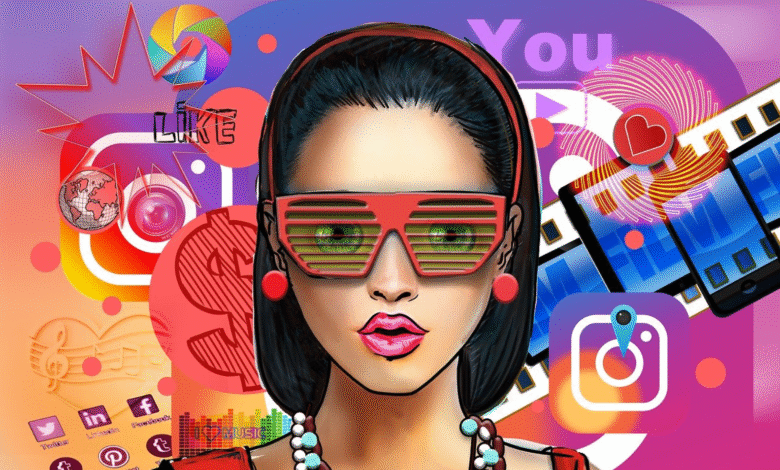Behind the Selfie: Why Influencer Representation Is More Than Just Contracts

In the age of likes, shares, and swipe-ups, influencers have become some of the most powerful voices in digital media. From fashion hauls and tech unboxings to personal vlogs and viral challenges, their reach often surpasses that of traditional celebrities. But behind the polished content and brand collaborations lies a complex legal landscape. That’s where Influencer Representation becomes critical.
The Legal Reality Behind Digital Stardom
While the influencer lifestyle may appear carefree, creators deal with significant legal challenges. These include copyright disputes, brand contract negotiations, platform takedowns, and revenue-sharing conflicts.
Many influencers operate as solo entrepreneurs—managing content creation, branding, marketing, and, too often, legal matters. This hands-on approach is admirable but can leave them vulnerable to exploitation when they lack expert legal guidance.
Content Ownership and Licensing Confusion
Imagine posting a video that goes viral, only to discover a brand has used clips from it in their advertising—without your consent. This scenario is surprisingly common.
Understanding who owns what content, what “fair use” actually means, and the limitations of platform terms is crucial. Without properly structured contracts and rights management, creators risk losing control over their own work.
Brand Partnerships: The Fine Print Matters
Collaborating with brands is a major revenue stream for most influencers. But vague or one-sided agreements can lead to underpayment, misuse of content, or excessive control over a creator’s image.
A well-drafted contract ensures clarity around usage rights, payment schedules, exclusivity terms, and deliverables. It also helps protect influencers if a brand tries to alter terms mid-campaign or refuses to pay altogether.
Intellectual Property and Platform Policies
Plagiarism, stolen captions, or copied concepts from other creators are all too common. While social media platforms provide tools like DMCA takedown notices, navigating them without legal support can be frustrating and ineffective.
Moreover, automated copyright flags—especially on platforms like YouTube or TikTok—can cause creators to lose revenue or have content removed unjustly. With the right legal counsel, creators can challenge false claims, protect their IP, and maintain control over their content.
Why Influencer Representation Matters
Legal representation tailored to influencers does more than react to problems—it prevents them. Skilled attorneys help creators:
- Draft and negotiate fair contracts
- Protect content through IP registration and licensing
- Navigate disputes with brands or platforms
- Structure business deals to reflect industry standards
Professional legal support enables influencers to grow their brand confidently, knowing their creative and financial interests are safeguarded.
Final Thoughts
As the creator economy matures, influencers are not just content makers—they are media businesses. And like any business, they deserve proper legal representation. Whether you’re just starting out or have a multi-million follower base, the right legal support can make all the difference.
For those looking to protect their voice and brand in a fast-evolving digital space, investing in expert influencer representation isn’t just smart—it’s essential.

